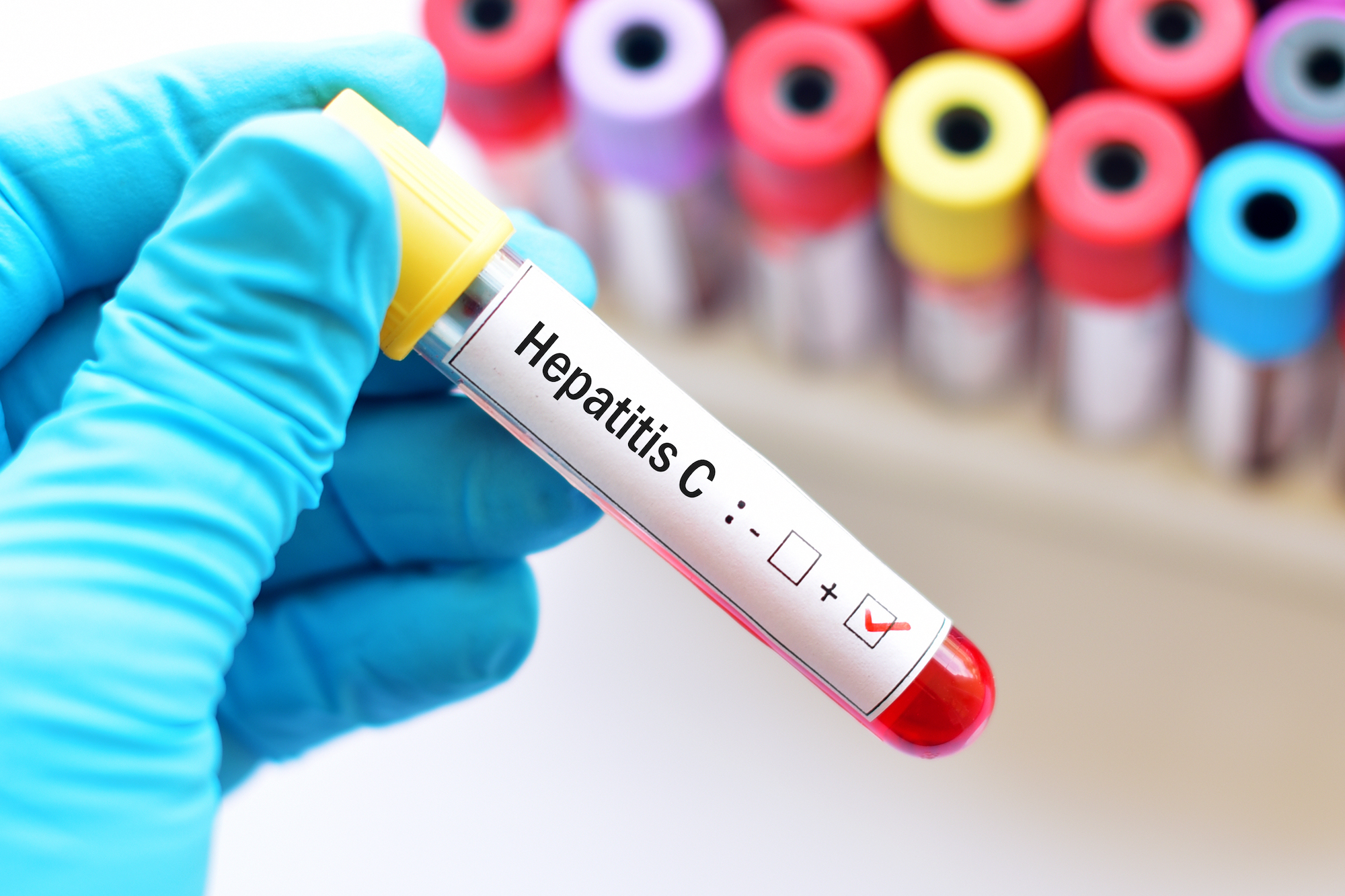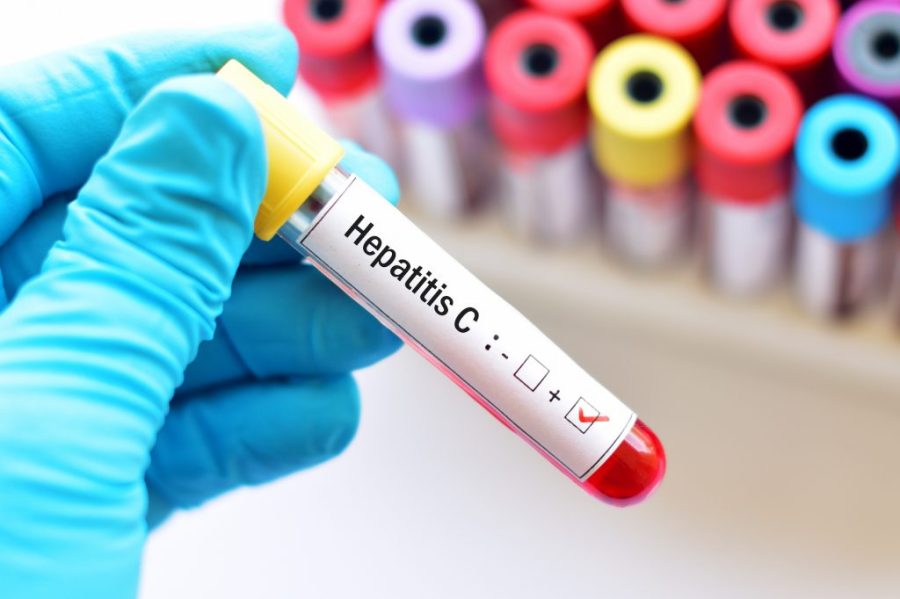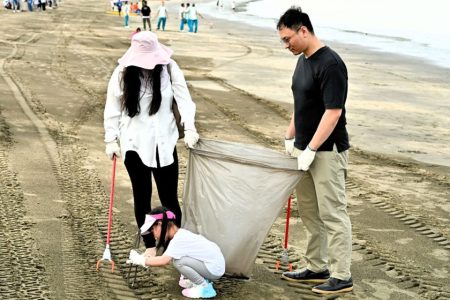The Health Bureau (SSM) is launching a new pilot programme to provide free hepatitis C virus (HCV) rapid antibody tests (RATs) for high-risk groups.
The programme aims to provide rapid screening, diagnosis, and follow-up medical treatment for those who carry a higher risk of getting infected with the hepatitis C virus.
The tests cover local residents aged 18 or over who have not received follow-up consultation, diagnosis or treatment for hepatitis C at the Conde de São Januário Hospital Centre over the past 12 months, and who are especially at risk.
These are those with a history of drug abuse, homosexuals or bisexuals and those who have been infected with HIV/AIDS.
The HCV rapid antibody tests are carried out at the Nossa Senhora do Carmo-Lago Health Centre, in the Lago public housing estate in Taipa.
The pilot programme aims to detect and treat HCV carriers as early as possible with the objective of preventing liver cirrhosis or liver cancer resulting from chronic hepatitis C.
Testees need to have a very small amount of blood collected from a fingertip for an HCV rapid antibody test and test results will be available in 15 minutes.
Those who test positive in an HCV rapid antibody test will then have to undergo an HCV RNA test, which is able to confirm whether he or she has been infected with the hepatitis C virus.
The Health Bureau noted that as no vaccines against hepatitis C have yet been developed, residents are advised to take different measures to prevent infection, such as not sharing syringes, needles or personal items that can easily damage the mucous membranes of the skin, The Macau Post Daily reported.






